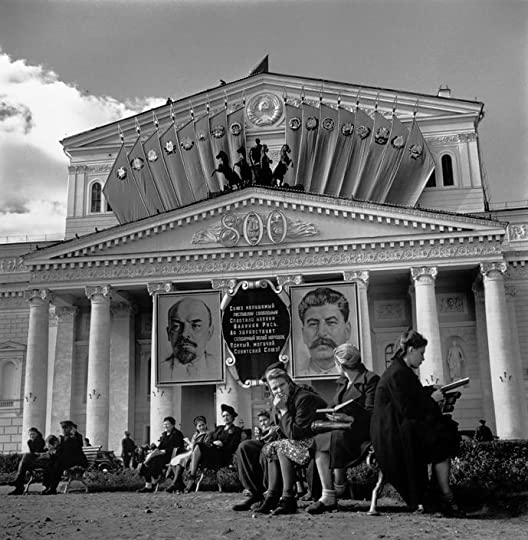Within a Budding Grove or In the Shadow of Young Girls in Flower is the second part of Marcel Proust’s In Search of Lost Time. Here, the story of the narrator continues. He is no longer the child narrator of Swann’s Way, but an adolescent, whose thoughts, dreams, and ambitions are taking a mature turn. Having passed that stage ourselves, we know how teenagers are. They think that they are so high-minded and thus, become snobbish. It’s the fault of the age, and we see a similar fault in our adolescent narrator here. But that’s what makes this plotless journey more interesting. We enter the mind of a proud, know-it-all teenager, and take refuge in his thoughts and emotions. We feel happy when he acts wise and prudent, angry when he acts like a fool, and frustrated at his snobbery. But then, we remember our own adolescent stupidities, and with a generous heart, we forgive him.
The main effect of Proust’s reminiscences is to take the reader back to a time that is physically lost to us but stays with us in our mental capacity. The memories are powerful, yet they aren’t all accurate. Some will stay strong, and some are only vague remembrances. If we are asked to recount our teenage years, it will only be a collection of impressions, incidents, and events, gaps of which are filled with our mature perceptions. This is true for the narrator of this story, who is recounting his adolescent life as an adult. The narrative voice is both of the adolescent and of the adult so much so that we feel the narrator is much older for his age. Some may argue that this technique negates the realistic touch of the narrative. While this is true to some extent, I don’t think Proust could have done it in any other way. Our memories of the past are lost in time and space, and summoning an accurate mental image of our past is simply impossible. There will be gaps which, without any intention to mislead, we will fill with our imagination. If we have a good deal of imagination in store, our stories will interest the listener just as Proust does.
What is admirable about these reminiscences is their ability to take the readers down their own memory lane, recalling a forgotten past, and making them nostalgic. I find this connection Proust makes, charming. Quite often, when you read the narrator’s memories, your own pay you a visit, and you get lost in two separate yet connected worlds – that of the narrator and your own. This reading experience is delightful, and quite honestly, it is one of the reasons for my attraction. The other is, quite certainly, his writing. It is sheer poetry. You can easily lose yourself in the beauty of his words. The picture he paints through his poetry is absolutely bewitching. Proust had certainly known how to cast a spell.
I don’t claim this to be an easy read. The long sentences, complex language, and verbosity can be daunting. But there also lies the attraction, to conquer and indulge in an ocean of poetry.
Rating: 4/5



